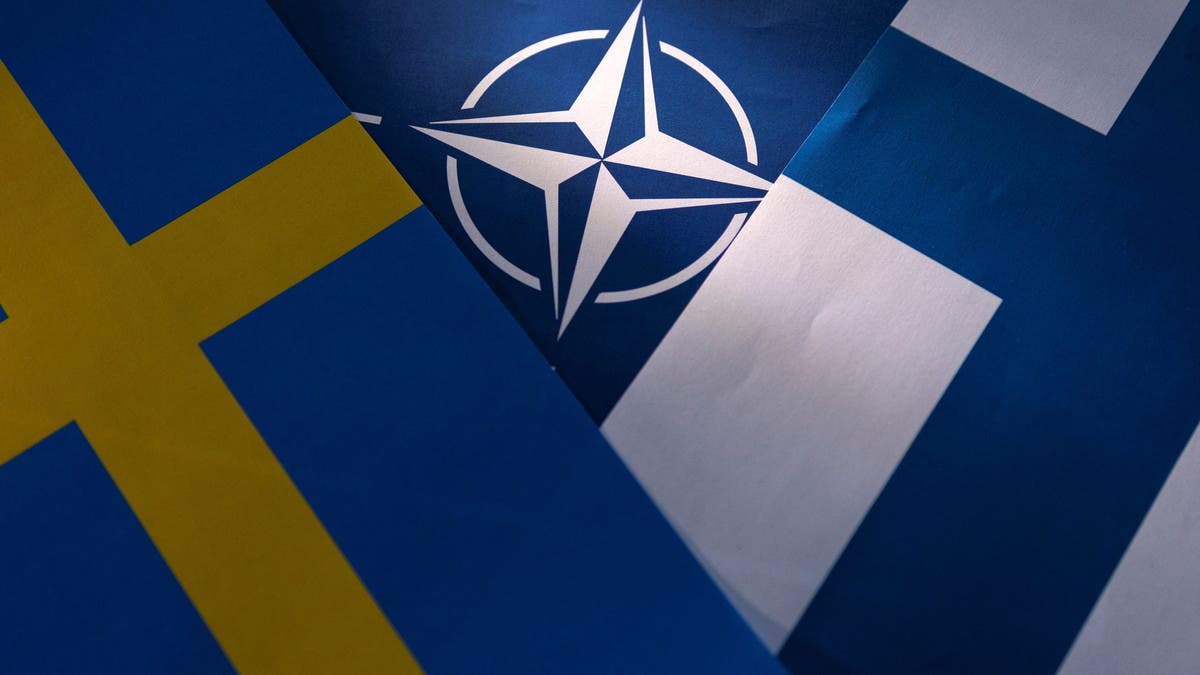With Finland and Sweden inching closer to applying for NATO membership amid Russia's war in Ukraine, the list of “neutral” or nonaligned countries in Europe appears poised to shrink.
Security concerns over the war have changed the calculus for Finland and Sweden, and caused other traditionally “neutral” countries to rethink what that term really means for them.
“This is the key thing about neutrality: It means different things to different people,” said historian Samuel Kruizinga of the University of Amsterdam.
While European Union members are committed to coming to each other’s defense in case of an external attack, the pledge has largely remained on paper as NATO’s might overshadows the bloc’s own notions of collective defense.
For the latest headlines, follow our Google News channel online or via the app.
Here’s a look at some countries that have enshrined “neutrality” into their laws or generally considered themselves neutral.
Switzerland
Arguably the most renowned neutral country in Europe, Switzerland has enshrined neutrality into its constitution and Swiss voters decided decades ago to stay out of the EU. But its government has been at pains in recent weeks to explain its concept of neutrality after lining up behind EU sanctions against Russia — and Swiss neutrality is analyzed almost daily in local media these days.
There’s little chance that Switzerland will stray further from its neutrality: Its government has already asked Germany not to pass along Swiss military equipment to Ukraine.
The populist, right-wing party that holds the largest bloc of seats in parliament has been hesitant about further measures against Russia, and the Swiss are fiercely protective of their role as mediator for rival states and as a hub of humanitarian action and human rights. Neutrality helps hone that reputation.
Austria
Austria’s neutrality is a key component of its modern democracy: As a condition of Allied forces leaving the country and its ability to regain independence in 1955, Austria declared itself militarily neutral.
Since the start of Russia’s war in Ukraine, Chancellor Karl Nehammer has struck a fine balance with regard to Austria’s position. He has maintained that the country has no plans to change its security status, while at the same time declaring that military neutrality doesn’t necessarily mean moral neutrality — and that Austria strongly condemns Russia’s actions in Ukraine.
Ireland
Ireland’s neutrality has long been a bit of a gray area. Prime Minister Micheal Martin summed up the country’s position earlier this year as: “We’re not politically neutral, but we’re military neutral.”
The war in Ukraine has reopened the debate about what Ireland’s neutrality means. Ireland has imposed sanctions on Russia and sent nonlethal aid to Ukraine in response to the invasion.
Ireland has been participating in EU battlegroups — part of the bloc’s efforts to harmonize its militaries.
Kruizinga, who has contributed to a Cambridge History of the First World War on neutrality, suggested that the more that EU and NATO memberships are similar, the better it is for the bloc “to portray itself as a geopolitical power.”
Malta
Malta’s constitution says the small Mediterranean island is officially neutral, hewing to a policy of “nonalignment and refusing to participate in any military alliance.” A poll commissioned by the Foreign Ministry published two weeks before Russia’s invasion found a vast majority of respondents supported neutrality — and only 6 percent were against it.
The Times of Malta newspaper on Wednesday reported that Irish President Michael Higgins, during a state visit, stressed the idea of “positive” neutrality and joined Maltese President George Vella in condemning the war in Ukraine.
Cyprus
Cyprus’ relations with the US have grown considerably over the last decade, but any idea of NATO membership remains off the table — at least for now.
The ethnically split island nation's president said Saturday that “it's much to early" to even contemplate such a move that would invariably meet rival Turkey's strong opposition.
Many Cypriots — particularly those on the political left — continue to blame NATO for the island’s de facto partition after Turkish forces invaded in the mid-1970s. Turkey was a NATO member at the time — and the alliance did nothing to prevent the military action.
Stalwart NATO member Britain has two sovereign military bases on Cyprus, which host a sophisticated listening post on the east coast that is co-operated by US personnel.
Cyprus also wants to maintain a veneer of neutrality, and has allowed Russian warships to resupply at Cypriot ports, although that privilege was suspended after war in Ukraine began.
Read more:
NATO expects Turkey not to hold up Finland, Sweden membership bids
US Secretary of State Blinken voices confidence on Sweden, Finland NATO bids
Turkey outlines demands as Sweden, Finland seek NATO membership

 World3 years ago
World3 years ago
 World3 years ago
World3 years ago
 Business12 months ago
Business12 months ago
 Entertainment7 years ago
Entertainment7 years ago
 World7 years ago
World7 years ago
 Entertainment7 years ago
Entertainment7 years ago






